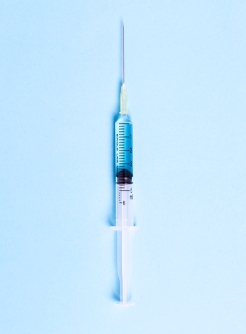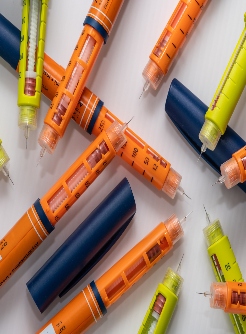When SGLT2i Therapy Fails, Adding Incretins May Be Better Than Switching Drug Class
By Reuters Staff
April 6, 2022
For adults with type-2 diabetes not well controlled with sodium-glucose cotransporter-2 inhibitors (SGLT2i), adding incretin-based drugs may be a better option than replacing SGLT2i with a new drug class, a retrospective study suggests.
"Evidence is limited in comparing treatment modification by substitution or add-on of glucose-lowering medications in patients with type 2 diabetes," Dr. Carlos Wong with The University of Hong Kong and colleagues explain in the Journal of the American Heart Association (JAHA).
In a retrospective cohort study, they compared switching versus add-on of incretin-based drugs in 2,888 patients with type-2 diabetes on background of SGLT2i.
New users of incretin-based drugs were allocated into the "switch" group if they had stopped SGLT2i treatment (n=1,461) or the "add-on" group if their background SGLT2i was continued (n=1,427).
Over a median follow-up of 18 months, there were no significant between-group differences in the risks of all-cause mortality, cardiovascular diseases, kidney diseases, hypoglycemia or ketoacidosis.
"However, patients in the 'add-on' group achieved significantly greater reductions in glycated hemoglobin, weight, percentage weight loss, and systolic blood pressure than their 'switch' counterparts," the study team reports.
The change in mean glycated hemoglobin amounted to -0.7% in the add-on group versus -0.5% in the switch group at the 12-monh follow-up (P<0.001).
The researchers say their results are in line with results of the retrospective cohort study from the UK, which showed that the add-on approach could achieve reductions in hemoglobin A1C substantially larger than the switch approach in patients who had a limited response to the original drug regimen.
"While no significant differences in the risks of various clinical end points were identified between switching and add-on approaches in the current study, they should be interpreted with caution given the relatively short follow-up period and hence the small number of events that occurred," they caution.
"Further studies with longer observation periods and randomized controlled trials are needed to clarify the risks and benefits of the two treatment modalities," they add.
The study had no funding.




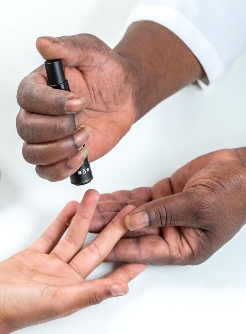





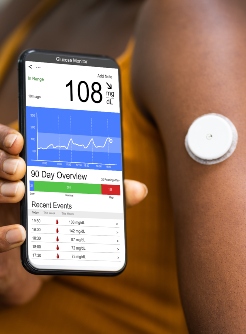








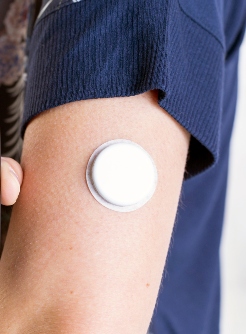


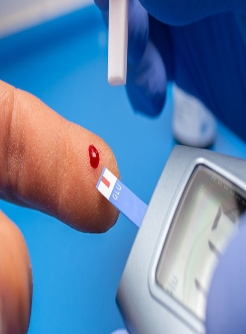



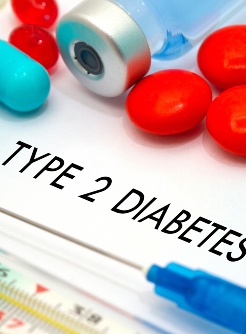



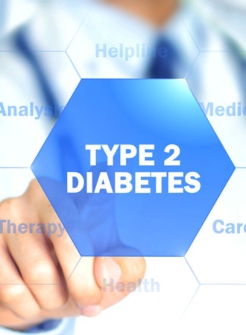
.jpg)
.jpg)

